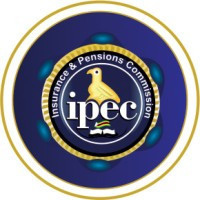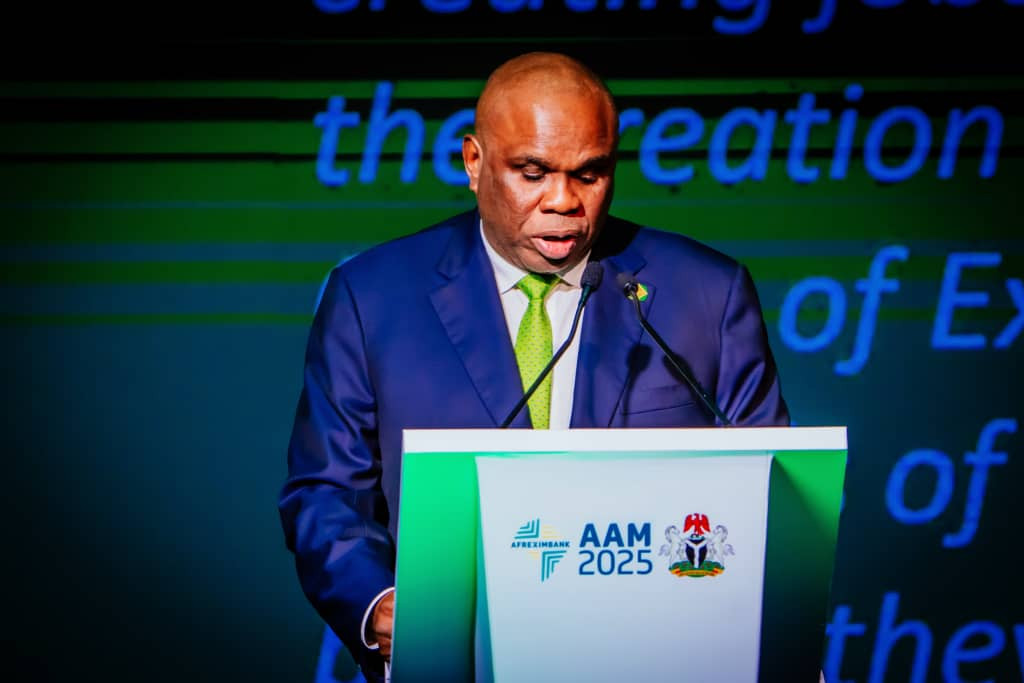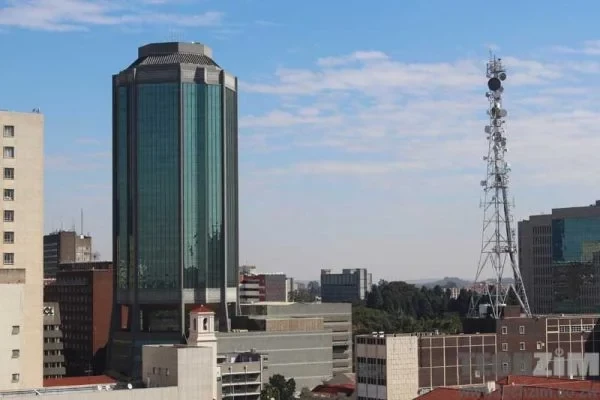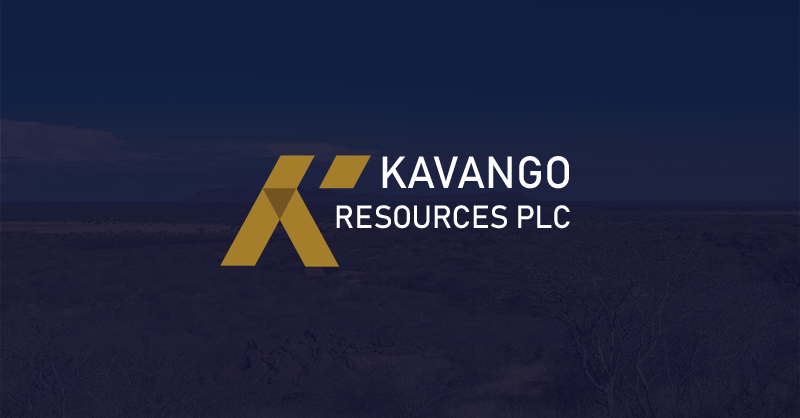
THE Association Healthcare Funders of Zimbabwe (AHFoZ) is seeking clarity on the Insurance and Pensions Commission (Ipec) Bill, which proposes to shift the regulation of medical aid providers from the government to Ipec.
This development comes after the Ipec Bill was gazetted in December 2024, outlining plans to transfer regulatory oversight of medical aid societies from the Ministry of Health and Child Care to Ipec.
Medical aid societies have expressed concerns that this change may disrupt their operations.
“As far as we are concerned, medical aid societies are running legal businesses, and any regulator would be welcome. But if there are other issues now, that will be part of the package,” AHFoZ president Shylet Sanyanga told businessdigest.
“I am sure we can engage the regulator, whoever the regulator is. We can engage the regulator and also explain to them if there are areas of discomfort, but for now, we are not in receipt of any such information, and we prefer not to speculate.
“I do not think there should be any impact as such. Medical aid societies are under the Ministry of Health, so if the Bill sails through and medical aid societies are moved to Ipec, Ipec is a regulator.
“We are in a business that is supposed to be operating legally, so any regulator would be most welcome, and medical aid societies will continue doing business,” she added.
Ipec did not respond to questions seeking clarification on how medical aid societies would be moved.
- Exchange rate crisis hits medical aid societies
- AHFOZ Annual Conference roars to life
- Health talk: Unnecessary interference frustrating private medical sector
- Opinion: Unnecessary refereeing frustrating the private medical sector
Keep Reading
Experts, however, have warned that over-regulation might lead to unintended effects that could harm the health sector by potentially increasing the cost of medical services.
Cimas Health Group chief executive officer Vulindlela Ndlovu called for clarity on the regulatory oversight of the medical aid societies sector.
He sought to establish whether the Ministry of Health and Child Care or the Ministry of Finance, Economic Development and Investment Promotion held primary responsibility.
“As things stand, medical aid societies are regulated by the Ministry of Health in terms of the Medical Aid Societies Act and the Medical Aid Societies regulations of 2000. The proposed Ipec amendment would introduce a double or dual regulatory system,” Ndlovu said.
“It is not clear which of the two would be the principal regulator. The authorities would need to clarify that.
“Furthermore, to the extent to which the Ipec Amendment Bill intends for medical aid societies to be regulated in terms of the Insurance Act, that Act would have to be amended because in its current state or form, it only caters for insurance entities and not medical aid societies.”
He said Cimas got to know of the proposed Ipec Amendment Bill in December 2024.
“All along, we were aware that the Ministry of Health and Child Care is working on a Medical Aid Regulatory Authority Bill,” he said.
“That move is consistent with what we see in other jurisdictions such as South Africa, Australia where medical aid societies are regulated by a specific authority, which is separate from the insurance regulator.
“Our understanding is that this is the case because medical aid is different from insurance. This is why Statutory Instrument 283 of 1981–Insurance (Exemption) Order, which was gazetted in terms of the Insurance Act Chapter 24:07 specifically exempts medical aids from the purview of Ipec regulation.”
He emphasised that medical aid societies were different from insurance as they were a mutual risk pool not designed for profit.











